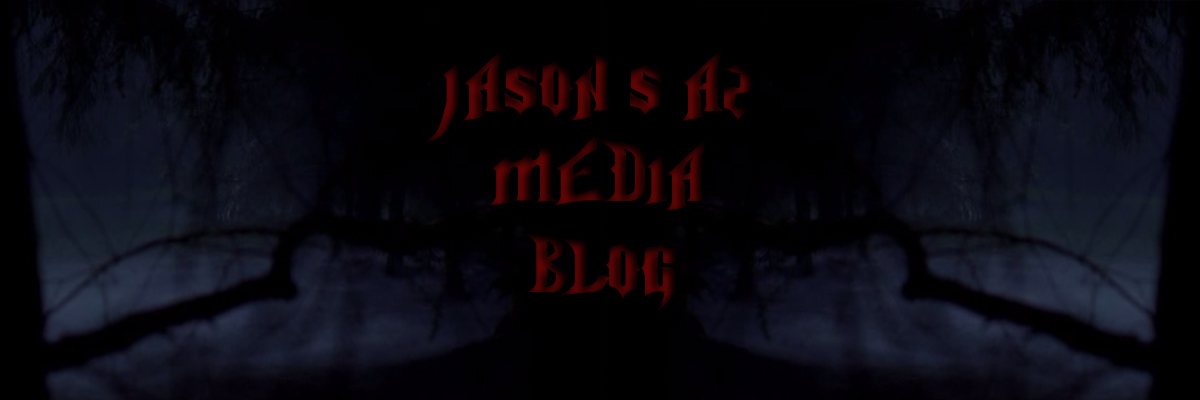
Freud coined the term "return of the repressed" to explain the existence of certain neurotic symptoms. He theorized that an unconscious thought would constantly affect the conscious thoughts in order to be 'let loose'.
Freud always emphasized the indestructible nature of unconscious material, as likewise the irreducible character of memory traces. If we have no memories of events during the first years of life, this is because of the repression that affects them. In a sense, all memories may be said to be retained.
Since Freud's studies, repression is now widely accepted as a defense mechanism. Conversely, regarding the distinct subject of repressed memory, there remains instead some debate as to whether (or how often) memory repression really happens and mainstream psychology holds that true memory repression occurs only very rarely.
This is useful in relation to the 'horror' genre as a common theme or element in horror films is an old idea/action/event being repeated.

Freud thought we all have to repress some of our most primitive desires and emotions in order to take our place in society. So infant rages etc are repressed (we cannot recall our early childhood). Does horror allow us to experience these things again, in a safe context?
ReplyDelete